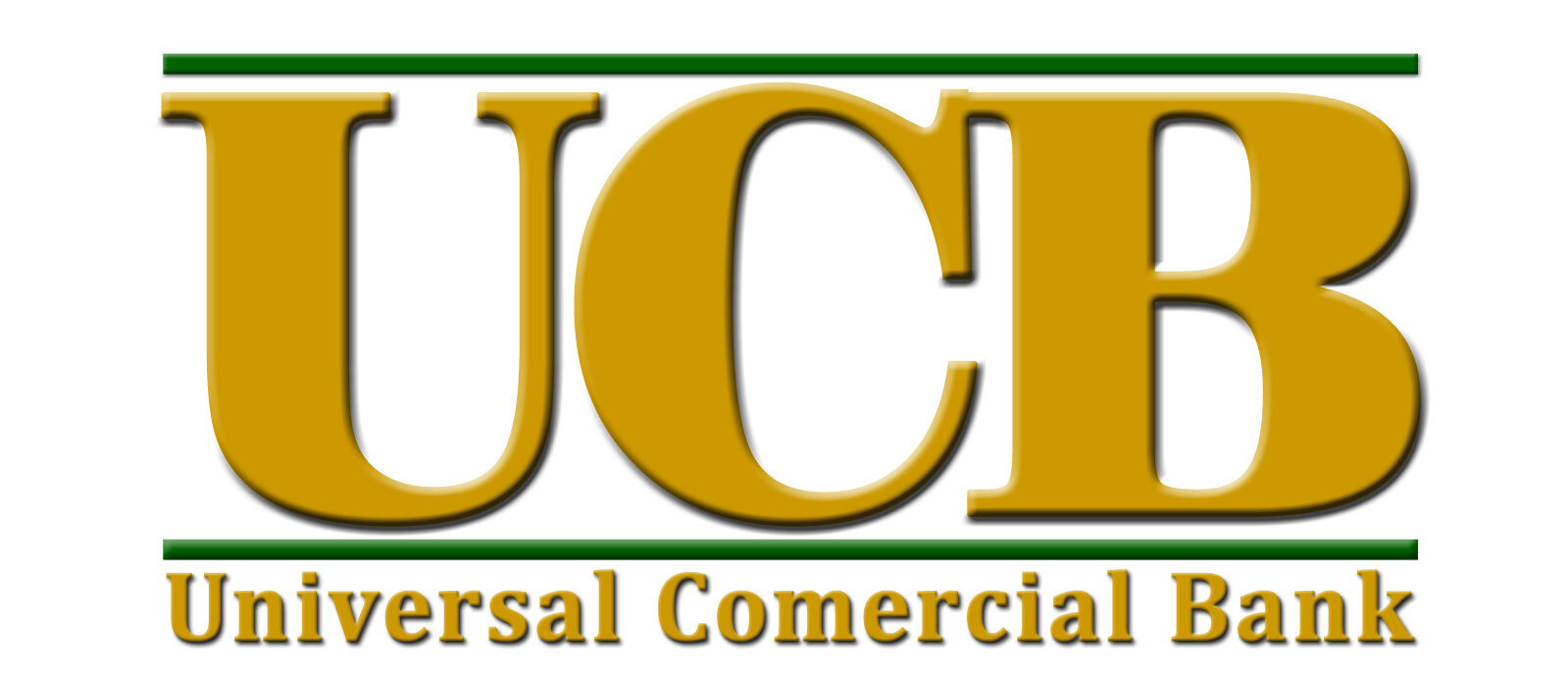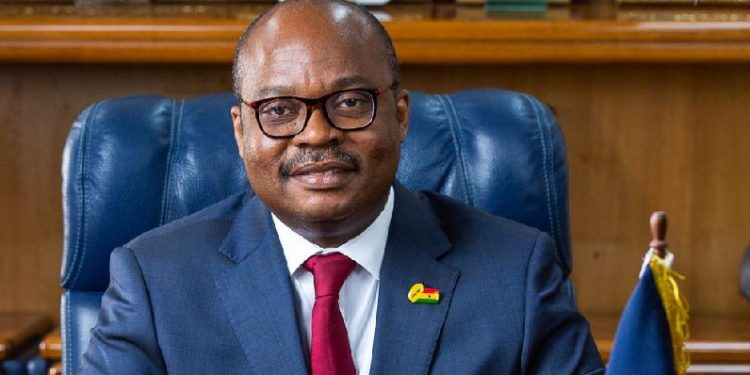The Bank of Ghana (BoG) has tightened the monetary policy rate by 50 basis points, pushing it up to 30 percent.
This was determined following the apex bank’s review of economic trends in the last two months.
This means the cost of borrowing at banks has risen by 0.5 percent from the previous rate of 29.5 percent held by the Central Bank in May 2023.
“After declining consistently between January to April, headline inflation increased in May and June on account of a variety of factors, including higher food prices, implementation of new tax measures, and utility tariff adjustments. Overall inflation increased from 41.2 percent in April to 42.2 percent in May and then further to 42.5.
percent in June. Underlying measures of inflation have all ticked up in May 2023”, Governor of the Bank of Ghana, Dr. Ernest Addison told the press on Monday, July 24, 2023.
Soaring inflation
Analysts predicted that the rate would climb marginally due to inflationary pressures.
Dr. Ernest Addison, Governor of the BoG, in his address after the 113th Monetary Policy Committee meeting, ascribed the Central Bank’s decision to raise the rate to rise in inflation.
“While core inflation ticked up, businesses expectations of inflation remain flat at an elevated level. Although inflation is expected to decline in the near-term, baseline forecasts show a slightly higher elevated profile in the year ahead, which, if not contained, could embed in underlying inflationary pressures. It is important that policy appropriately and decisively to prevent these risks from becoming embedded and consequently derail the disinflation process.”
He said, based on the Committee’s assessment, risks to the inflation profile are judged to be elevated driven by second round effects of food prices.
“Inflation has persistently hovered around 42 percent throughout the second quarter of 2023 even though central bank financing has been eliminated in the first six months of the year. Ghana’s macroeconomic framework requires decisive tightening from both the fiscal and monetary side to anchor inflation expectations firmly on a declining path.”
“Given these considerations and under the current circumstances, the Committee has decided to increase the Monetary Policy Rate by 0.5 percent to 30 percent. In the coming months, the committee will monitor closely incoming inflation data and will respond appropriately, if needed, should inflation persist”, he concluded.

